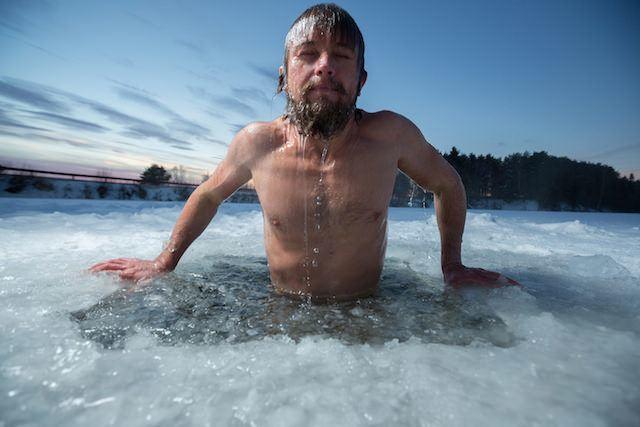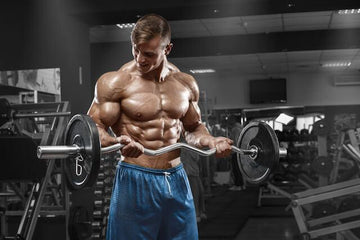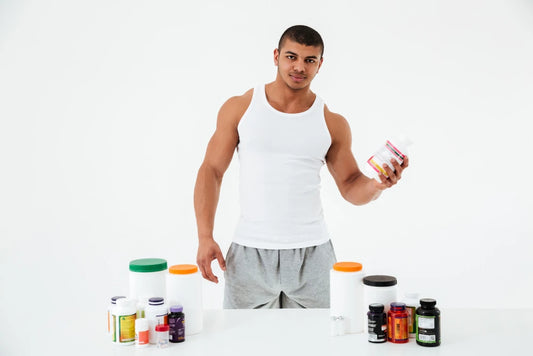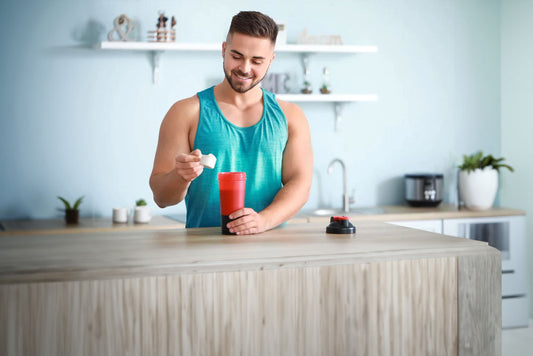

Cold Water Therapy Suppresses Muscle Growth
Table of Contents
Cold Water Therapy Suppresses Muscle Growth
Cold therapy or cryotherapy for exercise recovery is the new rave for athletes, but cold therapy is nothing new. In 1980, British running star Paula Radcliffe attributed her 2002 record-breaking 10,000-meter performance to cold-water immersion. Recently, in preparation fight against Manny Pacquiao , Floyd Mayweather regularly visited SubZero Recovery in Las Vegas for daily immersions into a tank of nitrogen gas that reaches temperatures as low as minus-240 degrees Fahrenheit. So what is the rationale behind cold water therapy? Does it speed up recuperation? Cold water therapy is supposed to enhance recovery and reduce pain from your previous bouts of training, reducing over-all inflammation, thus immersing exercise-stressed parts of the body in cold water for periods of time can improve the rate of tissue repair, perhaps by reducing inflammation, and thereby shortening recovery time. Well, get ready for the shocker!! Researchers just published findings in the Journal of Physiology Cold reported that cold water immersion attenuated long term gains in muscle mass and strength. It also blunted the activation of key proteins and satellite cells in skeletal muscle up to 2 days after strength exercise.

Researchers investigated functional, morphological and molecular adaptations to strength training exercise and cold water immersion through two separate studies. In one study, 21 physically active men strength trained for 12 weeks (2 days per week), with either 10 min of cold water immersion or active recovery after each training session. Participants in the cold water immersion group sat in an inflatable bath for 10 min with both legs immersed in water up to the waist. Water was circulated continuously and maintained at 10.1 ± 0.3°C using a circulatory cooling unit. In contrast, the active recovery group performed 10 minutes of active recovery at a self-selected low intensity on a stationary cycle at a really light mean intensity level. Strength training was progressive, and included 45° leg press, knee extension, knee flexion, walking lunges and plyometrics exercises. The plyometric component comprised countermovement drop jumps, slow eccentric squat jumps, split lunge jumps and countermovement box jumps. At the end of the study, strength and muscle mass increased more in the active recovery group than in the cold water immersion group. Isokinetic work (19%), type II muscle fibre cross-sectional area (17%) and the number of myonuclei per fibre (26%) increased in the active recovery group but not the cold water immersion group.
In another study, nine active men performed a bout of single-leg strength exercises on separate days, followed by cold water immersion or active recovery. Muscle biopsies were collected before and 2, 24 and 48 h after exercise. The number of satellite cells increased 24–48 h after exercise with active recovery. Remember, satellite cells are essential for muscle growth and recuperation. Satellite cell numbers were greater after active recovery than after cold water immersion . Phosphorylation of p70S6 kinaseThr421/Ser424 ( a key anabolic stimulator for muscle growth) increased after exercise in both conditions but was greater after active recovery. These data suggest that cold water immersion attenuates the acute changes in satellite cell numbers and activity of kinases that regulate muscle hypertrophy, which may translate to smaller long-term training gains in muscle strength and hypertrophy. The use of cold water immersion as a regular post-exercise recovery strategy should be reconsidered.
The key findings are a real eye opener for athletes and bodybuilders, the study found that cold water immersion reduced long-term gains in muscle mass and strength, and delayed and/or suppressed the activity of satellite cells and kinases in the mTOR pathway during recovery from strength exercise. This suggests that cold water immersion therapy results in smaller improvements in strength and hypertrophy.
Roberts, et al. “Post-exercise cold water immersion attenuates acute anabolic signalling and long-term adaptations in muscle to strength training.” The Journal of Physiology (2015): Accepted article.
MUSCLE MEDIA MAGAZINE FOR MEN
The premier source of training, nutrition, supplements, fat loss and health for men.

















